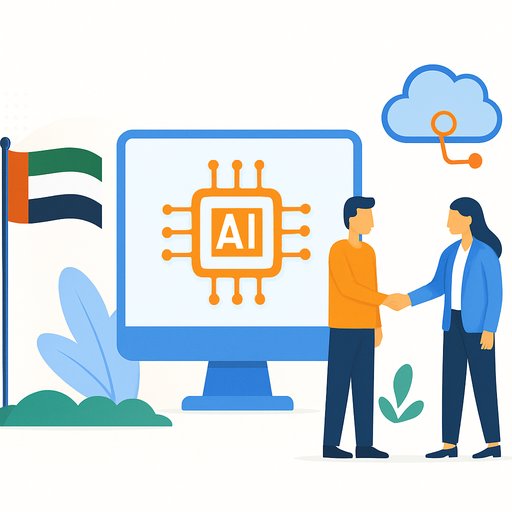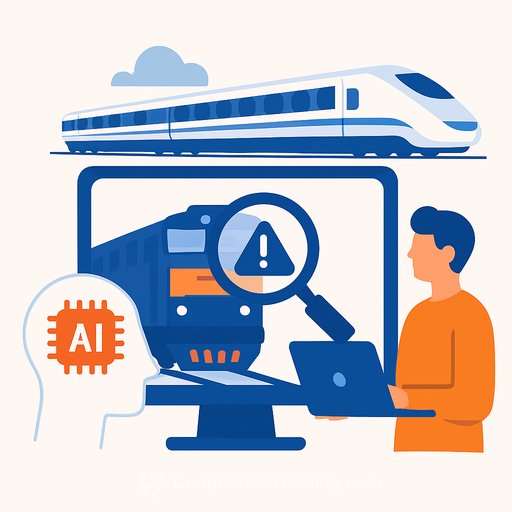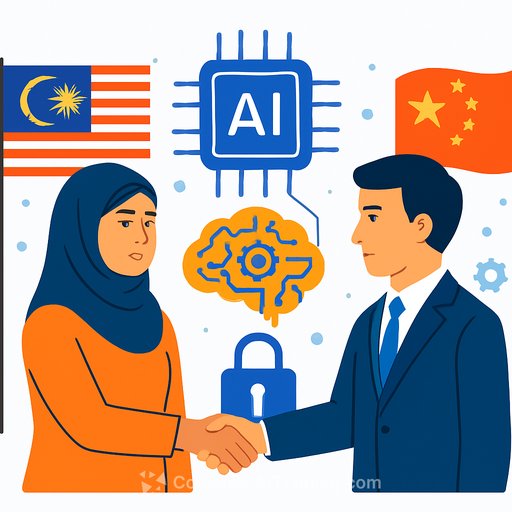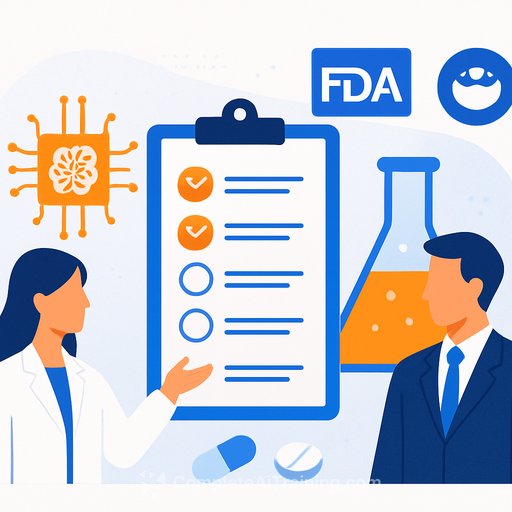MoCCAE and IBM team up to deliver AI solutions for environmental sustainability
The UAE's Ministry of Climate Change and Environment (MoCCAE) signed a cooperation agreement with IBM to build and deploy AI-driven capabilities in line with the Ministry's digital transformation strategy. The partnership supports national priorities including the Zero Government Bureaucracy Programme, "UAE Centennial 2071," and "We the UAE 2031."
The agreement was signed during GITEX Global 2025 in Dubai in the presence of Her Excellency Dr Amna bint Abdullah Al Dahak, Minister of Climate Change and Environment. Her Excellency Eng. Amal Abdulrahim, Assistant Undersecretary for Support Services, Chief AI and Innovation Officer, represented the Ministry, and Mr Shukri Eid, General Manager for Gulf, Levant, and Pakistan, represented IBM.
What's being built
- AI-based CITES certificate verification: An intelligent prototype to automate data entry and validate CITES and Phytosanitary certificates. Goals: improve compliance, data quality, and customer satisfaction in line with the Zero Government Bureaucracy Programme. See CITES context here: CITES.
- Fisheries monitoring: Mobile apps and camera systems at landing sites and local fish markets to monitor fish stocks, track activity, and prevent overexploitation. Outputs: real-time data pipelines and evidence-based stock assessments.
- AI quarantine inspections: Computer vision and decision support for agricultural and veterinary consignments to speed up import approvals, detect biological risks early, and secure biosecurity.
- National ESG reporting platform: A feasibility study for an advanced digital platform enabling transparent, simplified, and real-time reporting to meet global requirements and support climate policy. You can reference current standards from the ISSB here: IFRS/ISSB.
- Skills and capacity building: Structured training for MoCCAE employees in AI, data, and modern digital practices to sustain delivery and scale.
Technical takeaways for IT and development teams
- Certificate automation stack: Document ingestion via APIs and secure upload; OCR + layout analysis (e.g., LayoutLM-style models); NER and rule-based validation against known schemas; knowledge graph or rules engine for cross-field checks; human-in-the-loop review UI; full audit trail and versioning.
- Fisheries CV pipeline: Edge cameras at landing sites; on-device object detection and species classification; offline buffering with eventual sync; GPS + timestamp metadata; stream processing for counts and size estimation; dashboards for anomalies and quota alerts; periodic re-labeling loop to improve models.
- Quarantine inspection: High-resolution imaging booths; pest and disease detection models; anomaly detection for packaging and labeling; confidence thresholds with operator escalation; integration to customs and permit systems via REST/webhooks.
- ESG platform design: Lakehouse for immutable raw data and curated layers (Delta/Iceberg); event streaming for near real-time metrics; semantic layer for standardized indicators; APIs (REST/GraphQL) for ministries and private sector; data lineage, quality rules, and reproducible calculations.
- Security and compliance: Data classification, encryption at rest and in transit, PII redaction, secrets management, role-based access, policy-as-code. Maintain model cards and risk assessments for each use case.
- MLOps and reliability: CI/CD for models and data pipelines; unit/integration checks for data drift and schema drift; automated retraining triggers; SLA/SLO definitions for latency, accuracy, and throughput; observability with logs, metrics, and traces.
- Interoperability: Reuse existing government identity and authorization services; standardize schemas for certificates, inspections, and ESG metrics; design for multilingual data capture (Arabic/English).
Why this matters
- Faster, more accurate compliance processes reduce manual workload and errors.
- Real-time fisheries data improves stock management and reduces overexploitation risk.
- AI-enabled quarantine screening speeds approvals and strengthens biosecurity.
- Streamlined ESG reporting supports effective climate policy and national accountability.
People and roles
Her Excellency Eng. Amal Abdulrahim emphasized the Ministry's push to use AI to address environmental challenges, reinforce food and water security, and meet Net Zero 2050 targets. Mr Shukri Eid highlighted the opportunity to build scalable solutions that support the UAE's agenda and set a model for the region.
Next steps for teams
- Define MVP metrics: accuracy targets, review times, and data quality thresholds per use case.
- Stand up secure sandboxes with synthetic data; validate OCR/CV baselines and cost profiles.
- Map integrations with existing government systems and external data sources.
- Plan the skills track: prompt engineering, CV labeling ops, MLOps, and data governance.
Build your AI skills
For teams investing in capability building, explore practical certifications and role-based learning paths here: Popular AI Certifications.
Your membership also unlocks:






